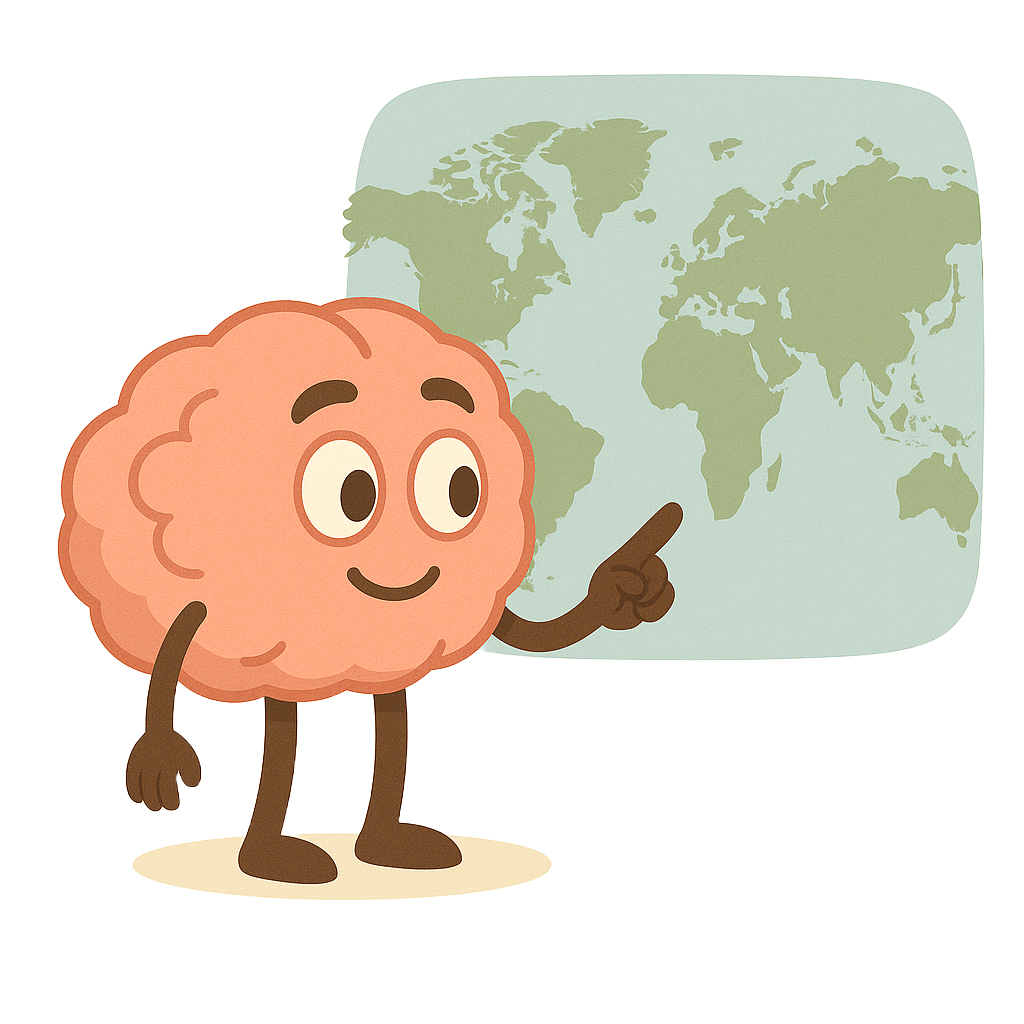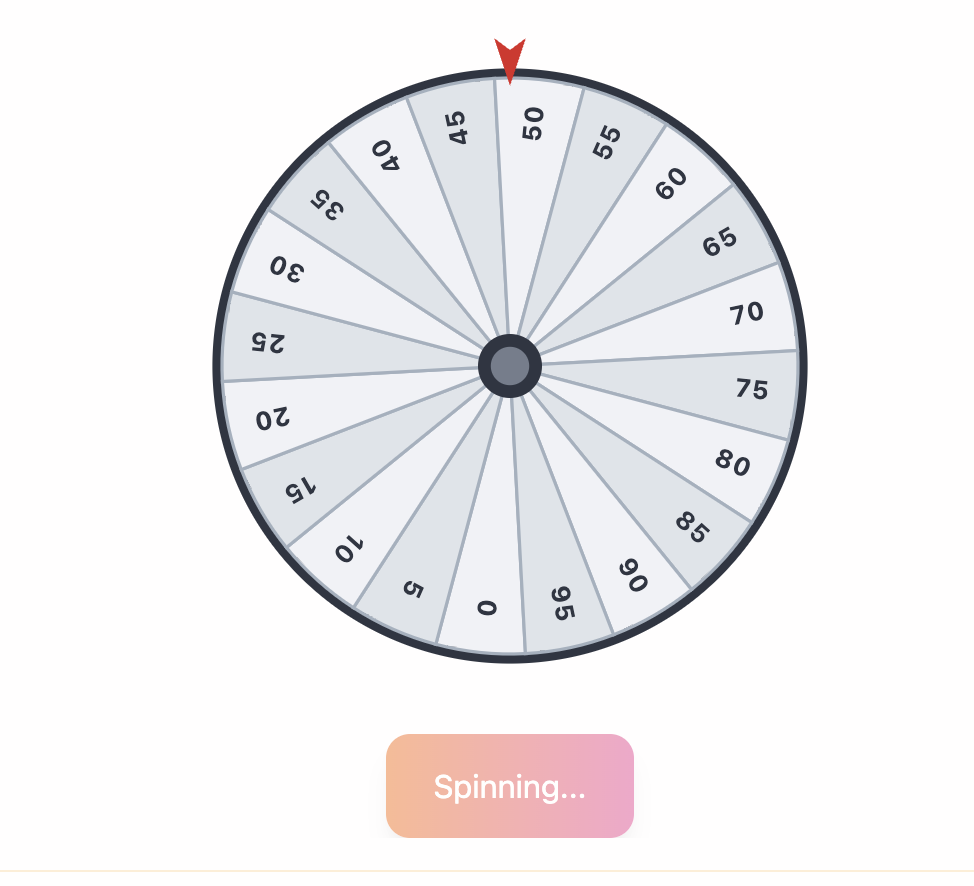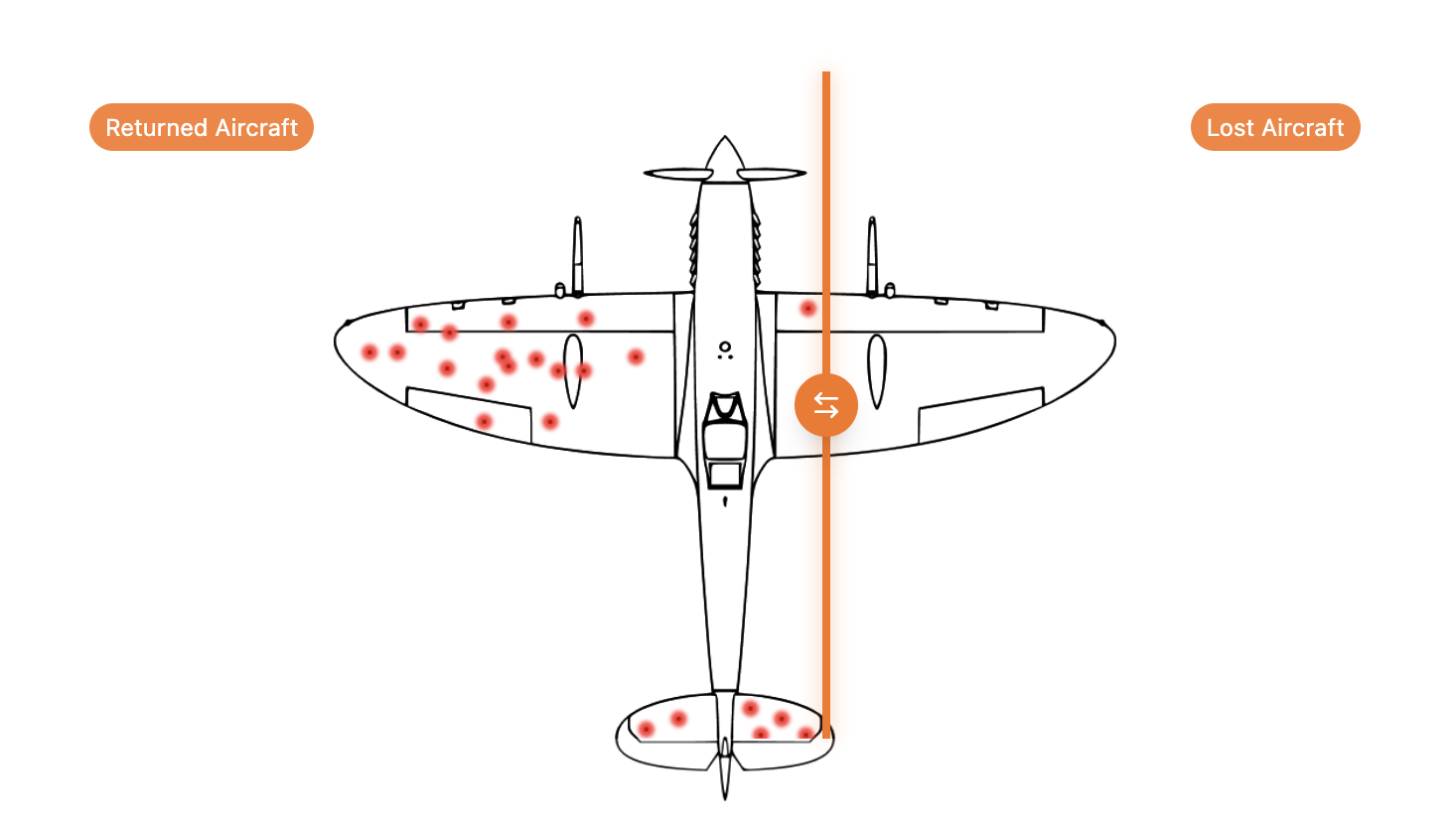Cognitive Bias Lab
Learn to make better decisions with cognitive biases
Featured Biases
Explore a curated selection of impactful cognitive biases. Click any card to learn more or view all biases.
Belief Bias
We're wired to judge arguments based on how well they align with our existing beliefs, not by their actual logical merit. This mental shortcut can blind us to valid evidence that challenges our worldview.
Anchoring Bias
Our tendency to fixate on the first piece of information we encounter can heavily skew our decisions.
Availability Heuristic
We often overestimate the importance of vivid or recent events, letting easily recalled information outweigh objective data in our decisions.
Advancing Better Decision‑Making in the Age of AI
We help people and teams build resilient human thinking habits—more crucial than ever as AI transforms how we work and decide.
Human‑centered reasoning for an AI world
Strengthen judgment with clear mental models, bias‑aware frameworks, and real‑world scenarios.
100% free, accessible, and practical
The project is fully free to use, focused on clarity, utility, and continuous improvement.
Licensed under Creative Commons Attribution-NonCommercial (CC BY-NC)
Open to collaboration
Contribute research, features, or learning content. We welcome educators, scientists, and builders.
Join learners from 60+ countries
People worldwide are using our platform to understand the mental shortcuts that influence every decision they make.

Who Is This For?
Discover how cognitive bias training can benefit your specific role and goals
Individuals
Make clearer choices in daily life, recognize common thinking traps, and build better mental habits for personal decision-making.
Students & Learners
Understand psychology concepts faster, reinforce learning with interactive examples, and prepare effectively for exams and projects.
Professionals & Teams
Improve product, policy, and hiring decisions. Run bias-aware meetings and reviews to reduce costly judgment errors.
Interactive Learning Experience
Explore cognitive biases through interactive exercises and real-world examples
Research-Backed
Based on classic and recent peer-reviewed studies with full references.
AI Coach (Brainy)
Ask questions or engage in a role-play session with Brainy for real-time practice.
Simulations
Explore hands-on tasks like the Wason selection task or the Anchoring wheel.
Learning Path
Follow a structured path highlighting the most essential cognitive biases.
Practice Tools
Use flashcards, tests or matching games to reinforce what you learn.




Frequently Asked Questions
Common Questions About Cognitive Biases
Cognitive biases are mental shortcuts or patterns in our thinking that can lead to errors in judgment and decision-making. They matter because they impact nearly every aspect of our lives—from personal choices to business decisions, social interactions, and even health outcomes. Common examples include confirmation bias, anchoring bias, and availability heuristic. By understanding these biases, you can make more rational choices, avoid common mental traps, and ultimately improve your decision-making process.
Great question! Our site offers several practical ways to boost your decision-making skills:
- Learn about specific biases: Browse our comprehensive library to understand how each bias affects your thinking.
- Try interactive exercises: Experience biases firsthand through our quiz and various simulations.
- Practice prevention strategies: Each bias page includes practical tips for overcoming that particular mental trap.
- Regular practice: Return regularly to reinforce your learning—understanding cognitive biases is an ongoing process!
Everyone experiences cognitive biases—they're part of being human! While no one is immune, research suggests that factors like stress, time pressure, and cognitive load can make us more vulnerable to these thinking errors. For instance, Dunning-Kruger effect shows how experts and novices assess their abilities differently. The good news? Awareness is the first step toward improvement. By learning to recognize these biases, anyone can work to mitigate their effects, regardless of their natural tendencies. Education, critical thinking skills, and mindfulness practices have all been shown to help reduce the impact of cognitive biases.
Overcoming cognitive biases isn't a one-time achievement but rather an ongoing process. While you can start recognizing your own biases within days of learning about them, developing consistent habits to counter these biases might take months or even become a lifelong practice. Biases like status quo bias and sunk cost fallacy are particularly persistent because they're deeply rooted in our psychology. Remember, the goal isn't to eliminate biases completely (that's practically impossible!) but to recognize when they're influencing you and apply techniques to minimize their impact. Even professional psychologists and behavioral economists continue to work on their own biases—it's part of the human journey! We recommend regularly taking our cognitive bias quiz to gauge your progress.
Yes! Cognitive biases evolved for a reason. In many cases, these mental shortcuts help us make quick decisions when time or information is limited. For example, the availability heuristic helps us assess risks based on memorable events, which can be life-saving in dangerous situations. Similarly, the self-serving bias can promote resilience through challenges. The key is understanding when these shortcuts are helpful versus when they lead us astray. Our ancestors developed these thinking patterns because they often worked well enough for survival and required less mental energy—valuable traits in evolutionary terms. The modern world, however, often requires more nuanced thinking, which is why becoming aware of our biases is so important.
Absolutely! Our site is designed to be educational and can be used in various teaching contexts. Teachers, trainers, and team leaders often use our bias descriptions, examples, and interactive exercises as teaching tools. Each bias page contains clear explanations that can be incorporated into lessons or workshops.
Our interactive elements are particularly effective for demonstrating how biases work in real-time:
- The cognitive bias quiz helps identify which biases may be affecting someone's thinking
- Our matching game makes learning bias definitions engaging
- Interactive bias simulations demonstrate how biases like anchoring and base rate fallacy operate in real scenarios
While we don't currently offer formal lesson plans, we're always expanding our resources. If you have specific teaching needs or suggestions, please reach out through our contact page—we'd love to hear how we can better support educational efforts!


